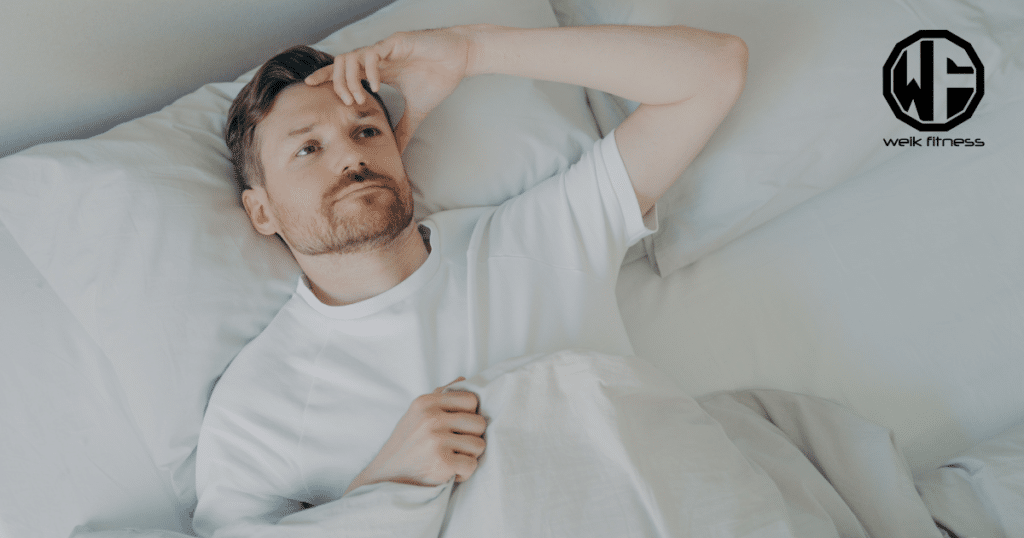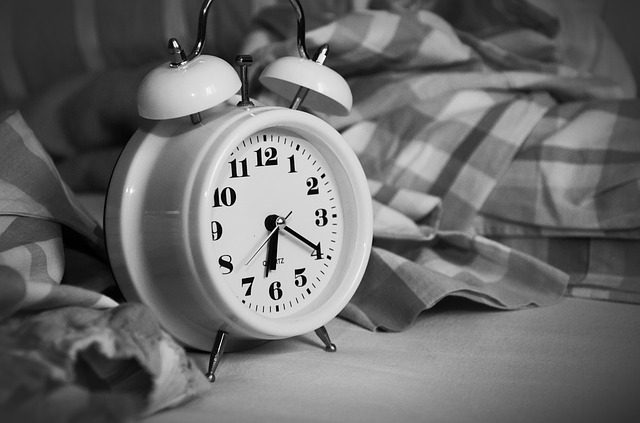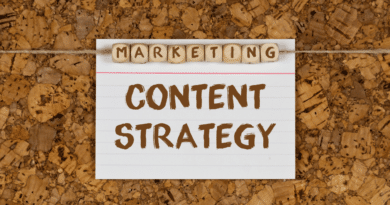How Lack of Sleep Hinders Coping Skills and Decision Making
Ah, good ol’ sleep. You remember that? It was that lovely rejuvenating, life-enhancing thing we all used to do at night before smartphones and Netflix came along to ruin the party and cause us to have a lack of sleep.
Thanks to advances in medical science we know more than ever about the positive role good sleep plays in just about every single function of our existence. Ironically, thanks to the way today’s fast-paced modern world is designed we all seem to be getting much less of it.
Related Article: Zylaria — A Sleep Aid with Benefits for Immunity and Longevity
Recently the Center for Disease Control declared the prevalence of sleeping disorders in this country to constitute a public health epidemic. Eek! Are you getting poor sleep quality or a lack of sleep in general?
Chronic lack of sleep (poor sleep) has been linked to increased risk of obesity, diabetes, high blood pressure, weight gain, cardiovascular disease, and even cancer. Those who suffer from lack of sleep are also statistically much more likely to feel anxious, develop stress, succumb to depression, and even commit suicide.
It’s not just our physical and mental health that a lack of sleep effects, it also impacts our everyday decision making and coping skills. Below we take a deeper look at exactly this. Read on…
Disclaimer: This article is for informational purposes only and is not meant to treat or diagnose any condition. It is recommended that you speak with your doctor before starting any exercise program, changing your daily nutrition, or adding any supplements to your regimen.
Table of contents

Lack of Sleep and Decision Making
I’m absolutely positive you’ve heard someone say the phrase, ‘let’s sleep on it’. If not at work, then probably your mom. This refers to the postponing of a decision until the following day, after both parties have had a chance to get a little shuteye. Well, far from being an empty phrase, it seems there’s a lot of scientific wisdom in doing just that.
Sleepy people make far more mistakes than their well-rested counterparts. It is as simple as that. Lack of sleep (or poor sleep) has a massive impact on cognitive performance. This largely manifests itself in two ways, accuracy and speed. Your brain’s synapses simply don’t fire as quickly when tired.
Think of it like this, the well-rested you is like a brand new shiny laptop, fresh out of the box. The sleep-deprived you is like that dust-covered old desktop in the garage. Sure, it might still plug in and turn on but the difference in processing power is immense.
When a tired brain is faced with a decision, it lacks the capacity to think through all the permutations. Given two, three or four options, the tired brain will always pick the easy option, whether that’s what’s best for you or not.
You may think I’m exaggerating slightly but I’m not. Studies have shown that the effect of missing just two hours of sleep had the same impact of cognitive performance as being legally drunk. We all know what sort of terrible decisions we make after a few drinks right? Now you’re getting the idea.
Sleep on it!
Poor Sleep and Coping Skills

Buried deep down in our brain’s medial temporal lobe is a little almond shaped collection of nuclei that is often referred to as the emotional control center of our brain. Say hello to your amygdala.
This little guy has a huge amount to do with how well we are able to cope when faced with tough decision or stress.
The amygdala, while absolutely minute in scale has an impact on our behavior far outweighed its diminutive size. It plays a big role in how we respond to external stimuli and it appears if we have a lack of sleep these responses become a lot less predictable.
Studies have shown that how the amygdala responds to external events can vary dramatically depending on the quality and quantity of our sleep the night before. After a bad night’s poor sleep quality, the amygdala becomes massively over responsive, this is why when we are tired we tend to be irritable and prone to mood swings.
One piece of research conducted at Tel Aviv University involved showing two groups of participants a series of negative images. One group was sleep-deprived, the other perfectly well-rested. The resulting MRI brain scans showed that the amygdala belonging to the sleep-deprived participants was 60% more reactive to the images.

Well-rested we tend to respond to events in a much more emotionally balanced fashion. When you suffer from lack of sleep this is certainly not the case. The better we sleep the better our emotional stability, the better our coping skills.
The link between the amygdala and mental strength doesn’t end there. It’s believed that a range of conditions such as anxiety, stress and even depression are connected to a misfiring of the amygdala. Now, abnormal behavior may have a number of reasons, from congenital disorders, to brain damage or neurotransmitter imbalances. Whatever the cause, lack of sleep can exacerbate the symptoms immensely.
Well, there you have it my friends – Not that I wanted to scare you but I hope the above information might trigger you to take your sleep a little bit more seriously in the future. Not only will a good night’s rest make you look better, it is called ‘beauty sleep’ after all, it will also improve your decision making and coping skills.
Now off to bed with you! Stop suffering from lack of sleep and poor sleep quality.


*Disclosure: This article may contain affiliate links or ads, which means we earn a small commission at no extra cost to you if you make a purchase through these links. These commissions help support the operation and maintenance of our website, allowing us to continue producing free valuable content. Your support is genuinely appreciated, whether you choose to use our links or not. Thank you for being a part of our community and enjoying our content.
PLEASE CONSIDER SHARING THIS ON YOUR SOCIAL MEDIA TO HELP OTHERS LEARN MORE ABOUT THIS TOPIC.





